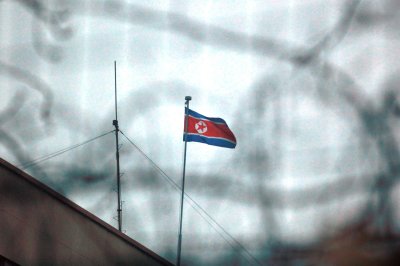N. Korea designated ‘high-risk jurisdiction’ for money laundering, terrorism financing for 16th year

North Korea has been designated a “high-risk jurisdiction” for money laundering and terrorism financing for the 16th consecutive year, financial authorities said Wednesday.
The Financial Action Task Force (FATF), which is tasked with combating money laundering and terrorism financing, has put North Korea in the highest risk category along with Iran and Myanmar, according to the Financial Intelligence Unit under the Financial Services Commission.
“The FATF remains concerned by the DPRK’s continued failure to address the significant deficiencies in its anti-money laundering and combating the financing of terrorism regime and the serious threats posed by the DPRK’s illicit activities related to the proliferation of weapons of mass destruction and its financing,” the organization said on its website, referring to North Korea by the acronym of its formal name, the Democratic People’s Republic of Korea.
The FATF, which works under the Organization for Economic Cooperation and Development, has categorized North Korea as a “high-risk jurisdiction” since 2011.
Copyright (c) Yonhap News Agency prohibits its content from being redistributed or reprinted without consent, and forbids the content from being learned and used by artificial intelligence systems.
